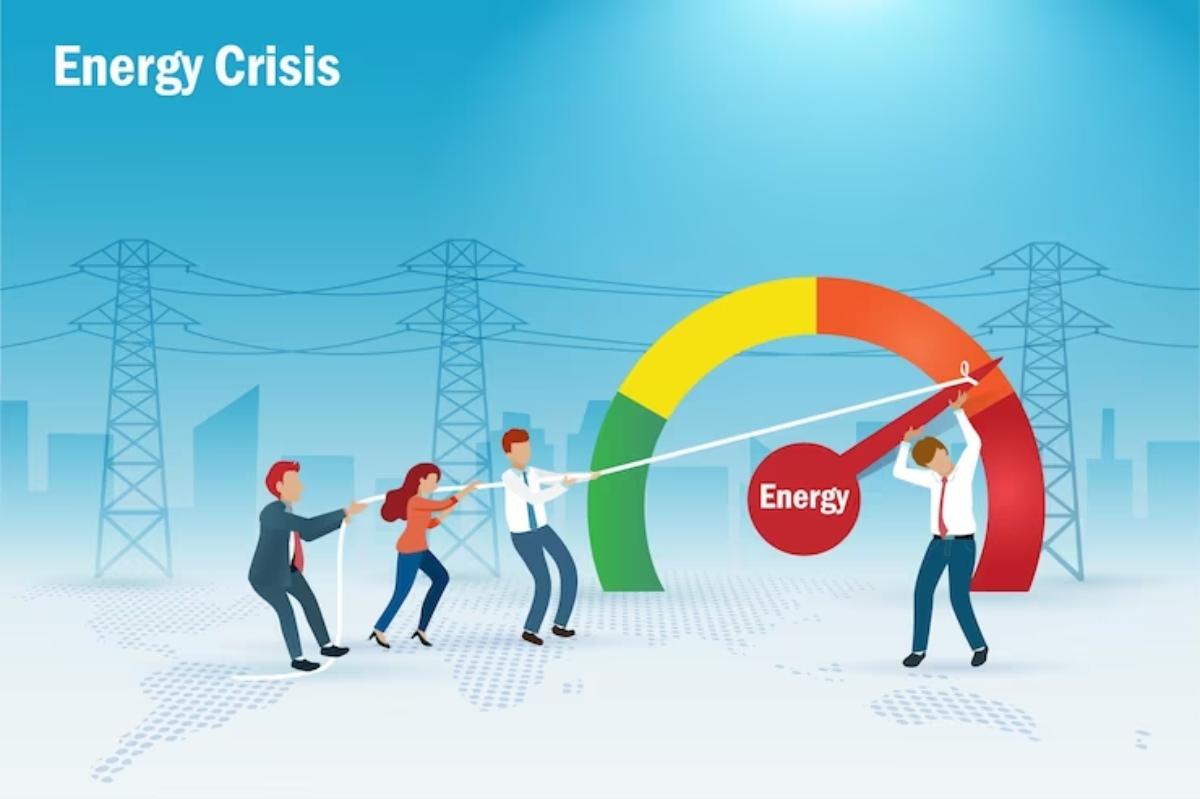
By M Alam Brohi
While displaying our anger and anguish over the exorbitant rates of electricity, we have also been condemning the Independent Power Producers (IPPs). Foreign and domestic Investments are made for profit making. Incentives for such investments are made available by the governments. The IPPs are owned by a mélange of domestic and foreign investors. These power producing units were partially funded by the World Bank and Asian Development Bank. These international financial institutions had perceptibly midwifed the negotiation of the terms of the agreements between the governments of Pakistan and IPPs. The terms should have been dictated by the affordability of the country and not by the financial interests of investors.
The dollarization of the payments to the IPPs and the ‘capacity payment’ clauses in the agreements are said to be the main cause of the endemic circular debts particularly because of the chronic shortage of dollars. During the past two decades, no government except for the previous PTI administration made any serious effort to renegotiate the terms of these agreements signed with the IPPs by the PPP and PML-N, while in power in the 1990s. Mostly, these IPPs are run on imported coal and furnace oil. The government of Pakistan foots the bill for the import of oil. There are reports that the power generation by them surpasses the needs of the country as much of the manufacturing industry has shifted to the use of gas in order to reduce the cost of their productions.
The excessive power generation would have been a boon for the country had our leaders invested sufficient vision, time and funds to increase the number and the capacity of our manufacturing industry thereby raising the electricity consumption, and made extra efforts to control the pervasive theft of electricity and line losses by following a stringent policy. We never tried to identify the factors of our failure to utilize the entire electricity produced by the IPPs. Instead, we always used the diversionary tactics of cursing the ‘capacity payment’ clause in the agreements. We privatized the power generation and signed agreements with the investors. There is no way to backtrack except for the nationalization of the IPPs which we cannot afford to undertake. Use it or keep it idle, you have to pay the rent for the house leased by you. It is simple enough.
The Water and Power Development Authority (Wapda), deeply sunk in corruption, inefficiency and mismanagement, has become a white elephant. Our electricity woes owe a great deal to the corruption and corrupt practices by the rank and file of Wapda. The power generation remains with the IPPs and its distribution with Distribution Companies (DISCOs). A separate ministry has been carved out for water resources. Should we maintain this white elephant for peripheral tasks? It should have been disbanded long ago along with the other non-performing public enterprises. But the weak political governments, driven by expediencies and compromises, didn’t want to bite the bullet for fear of backlash. We would be unable to realize our dream of economic rehabilitation unless we embark on a course correction dispensing with all the white elephants like Wapda, Sui Southern Gas Company Limited (SSGCL) and Sui Northern Gas Pipelines Limited (SNGPL), sick public enterprises, and trimming and reorganising the national career and the Railways relieving them of the dispensable burdens on their declining revenues.
‘Corruption is the main issue of this country. This menace is endemic and has enveloped us like a cancerous affliction from top to the bottom – everywhere and in every branch of the governing structure.’
The corruption, over the years, has left a deep demonstration effect on the society and given impetus to greed for wealth and ostentatious way of living. Painfully, every segment of the society, government employees, doctors, advocates, traders, businessmen, industrialists and manufacturers, transporters, political, religious and spiritual leaders, don’t desist from making money by foul means including bribery, smuggling, profiteering, hoarding, adulteration, manipulation, deceit, robbery, hostage-taking, kidnapping for ransom and what not.
Now we have mafias and organised criminal gangs. Gone are the days when honesty and simple living were virtue of a man. In my memory, no government, elected or unelected, has dared to take head on these organised criminals. Notwithstanding momentary noise and crackdowns, the things have reverted back to business as usual, sooner than later. The writ of the state kept weakening as the criminal gangs, economic marauders and corrupt state employees scaled up their nefarious activities in tandem with each other.
The army chief has made tall claims in his recent interaction with the businessmen in Karachi and Lahore which could be summarised as: crackdown on dollar stockers and smugglers, privatization of loss-making state enterprises, remedy to the chronic deprivation of the people of Balochistan, severe punishment to politicians and bureaucrats involved in mega scandals of corruption, facilitation of foreign investment of over $100 billion through the Special Investment Facilitation Council (SIFC). Apparently, these are welcome announcements, but a bit over enthusiastic and simplistic.
These measures need to be undertaken within a consistent and predictable policy framework for a sustained period of time. The caretakers are here for a limited time. The general elections cannot be deferred for a longer period without violating the constitution. Will he also midwife the coming elected government irrespective of its political complexion to complete this noble task? And in what capacity he would undertake that? The nation and the prospective foreign and domestic investors would need to know it.
This nation has witnessed many grand plans to eradicate these vulgar economic crimes from the polity. The announcements for course correction made by the military leaders including Ayub Khan, Ziaul Haq and Pervaiz Musharraf had inspired great confidence in the weary nation. I am actually recalling Ayub Khan’s land reforms and green revolution; the slogan of Zia for Islamisation, a corruption-free polity or accountability first, and elections later; and the seven-point agenda of Pervaiz Musharraf. We all know what tangible breakthrough all these announcements made in our impervious society.
In the final analysis, these proved to be diversionary tactics exploiting the public woes against the displaced regimes. We can add up to these announcements the Islamic socialism of Z.A. Bhutto and his crusade against the concentration of the national wealth within 22 big dynasties as elaborated by Mahboobul Haq, the chief economist of General Ayub Khan. We know what havoc his unplanned and haphazard nationalisation played with the economy of the country.
Ayub Khan allowed all the political dynasties and big landlords to cluster in his Pakistan Convention League, and capture the state resources. Later, they were joined by industrialists. This trend was never challenged by any subsequent regime dominated by these political families, landlords and feudal chieftains. The unplanned Islamisation of laws by General Zia resulted in the growth of seminaries, sectarian radicalization, intolerance and violence against the minorities. The seven-point agenda of General Musharraf ended with the birth of Pakistan Muslim League-Quaid with Chaudhry brethren emerging as his political advisors and the architects of the subsequent lame-duck political governments. Their announcements made with a big bang ended in a whimper causing greater public disillusionment that reverberates even today.
The present crackdown on economic crimes will provide temporary relief but no permanent respite from the current debilitating economic crisis. We need a ‘whole of nation’ approach to begin a sustained campaign against these scourges. A full term representative government having the support of all the state institutions could undertake reforms in all the governing structures to establish rule of law. Dr Ishrat Hussain has recently made apt comments on our failure in economic performance. In all his wisdom, he thoughtfully advises that ‘our establishment and judiciary would have to keep hands off and let the elected governments complete their tenure uninterrupted, without fear of political engineering or judicial activism. The political instability and the risk of elected governments being thrown out of office prematurely with its adverse consequences for continuity, consistency and predictability of economic policies, is one of the major factors for Pakistan’s poor economic performance. Over the last 25 years, Pakistan had 12 prime ministers, while both India and Bangladesh had three each, and look at the relative performance of these countries.
Let us reckon with the reality that the uninterrupted and continued governance, with consistent and predictable economic and fiscal policies led the above countries to outpace Pakistan in terms of political stability, responsible governance and economic performance. This is what this country has been bankrupt of since independence. All is not lost. We can introspect and begin afresh embarking on a course correction by adhering to the Constitution of the country. What we do need to forge ahead with is to hold fair and transparent elections and hand over power to the party getting public mandate in order to end the political instability that has created institutional gridlocks within the country since April 2022. The elected government can call on the army for help against internal and external threats to our sweet common home – Pakistan.
M Alam Brohi is a senior analyst, author and former ambassador. He can be reached at brohialam7@gmail.com
The online content is the sole responsibility of the writer.











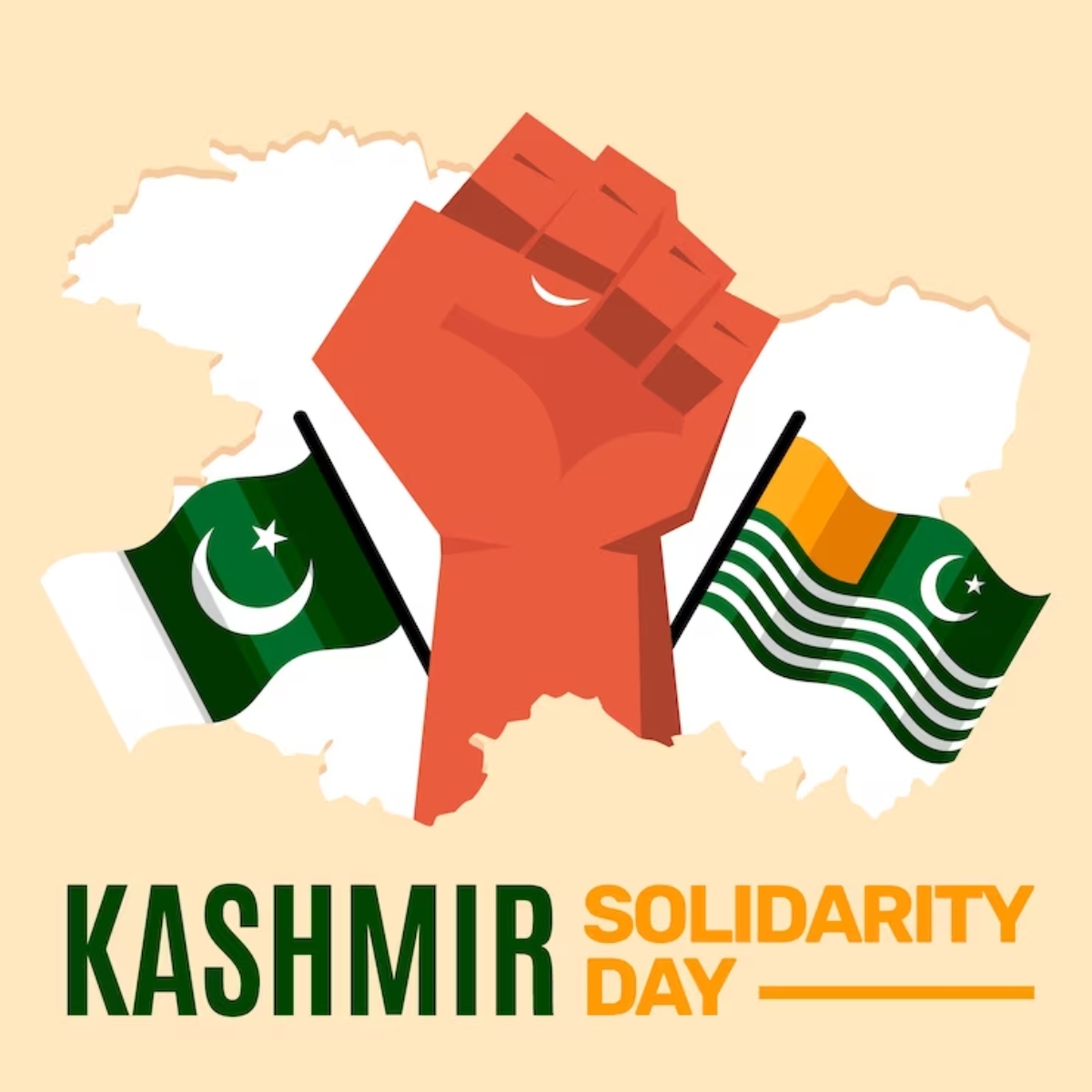









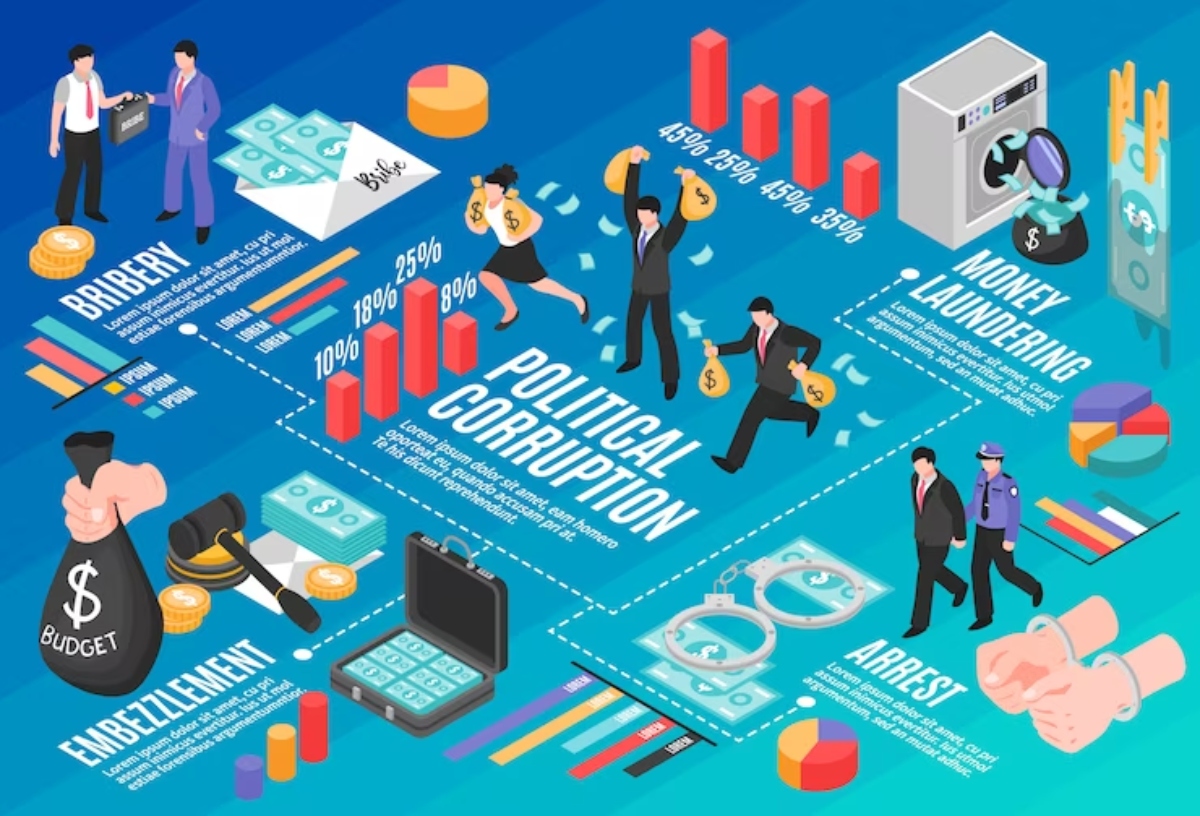



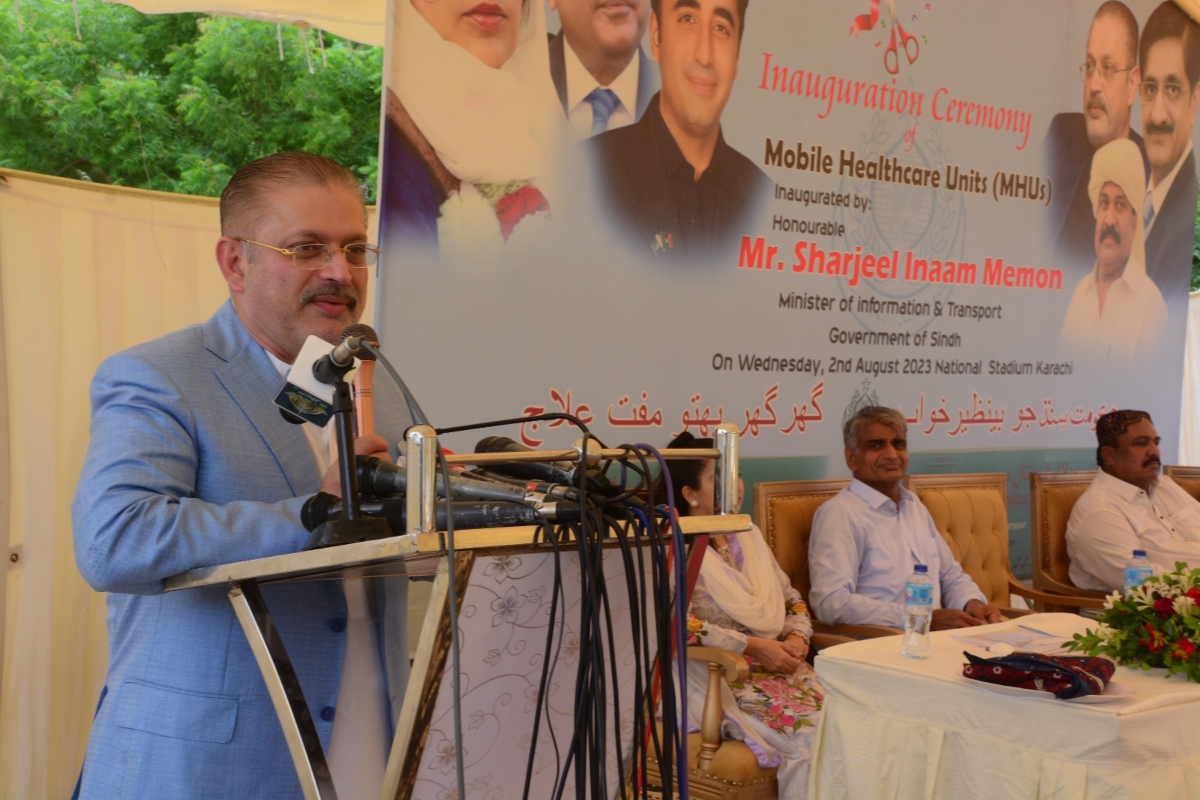

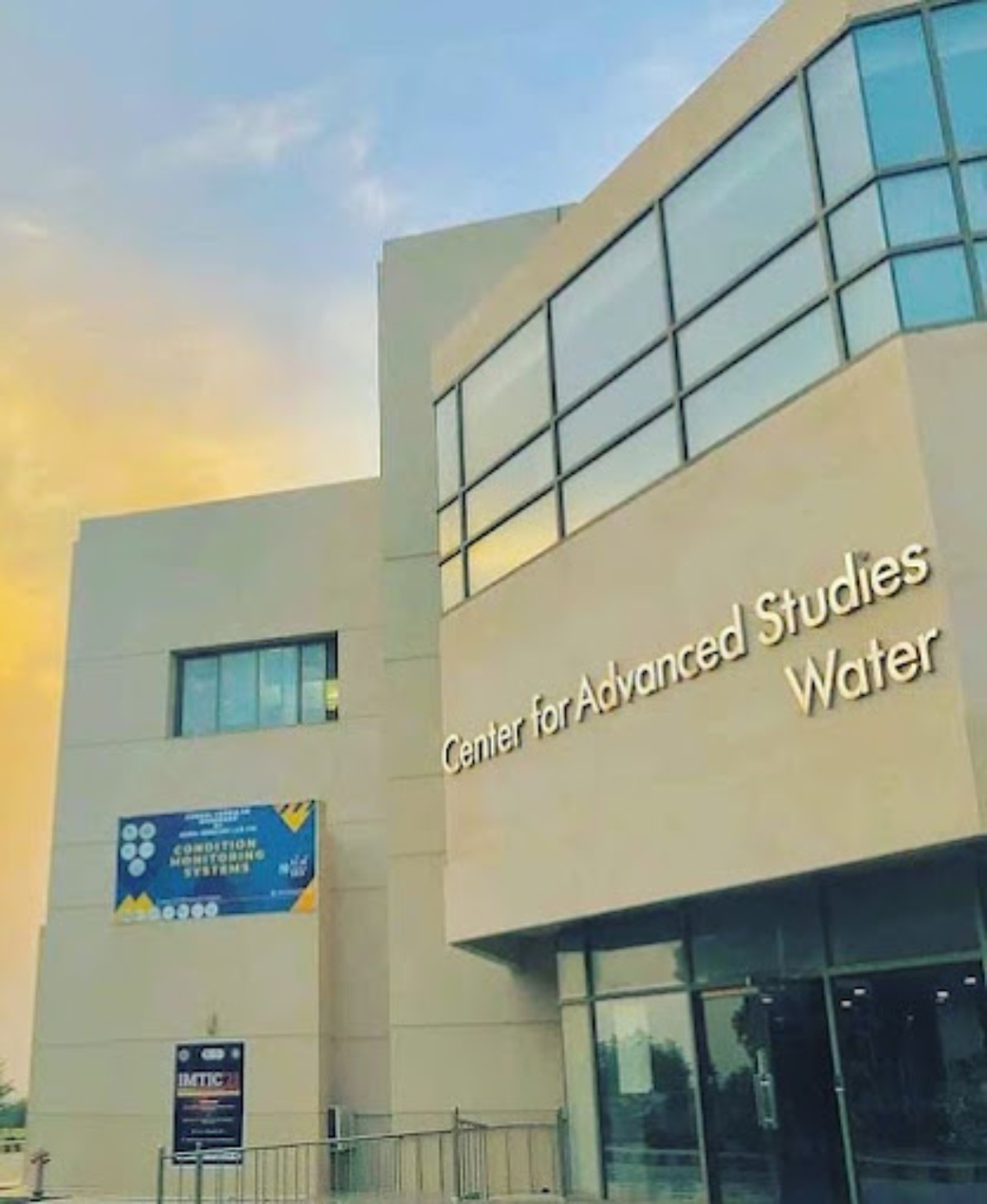
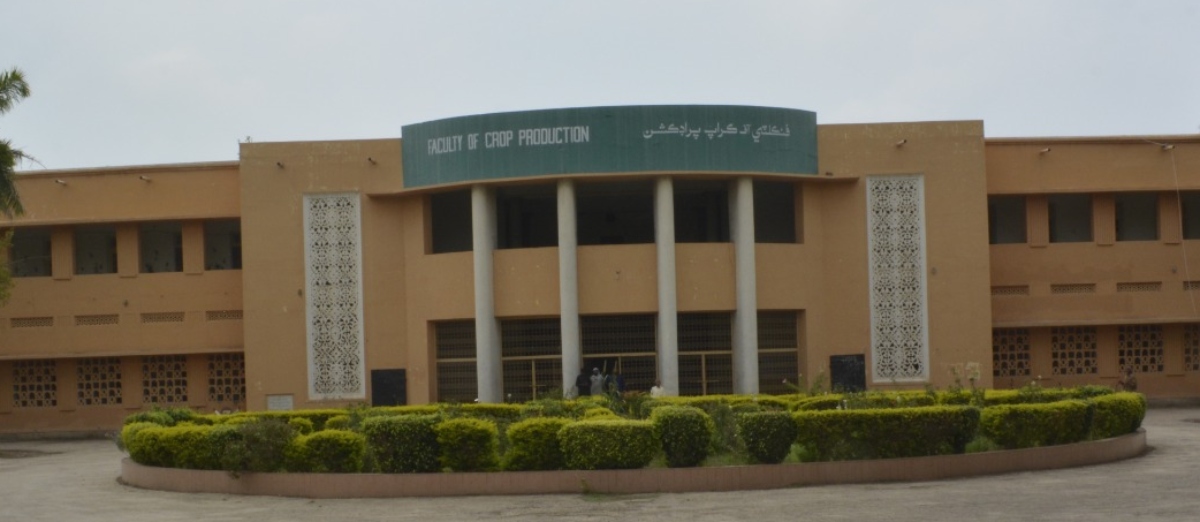

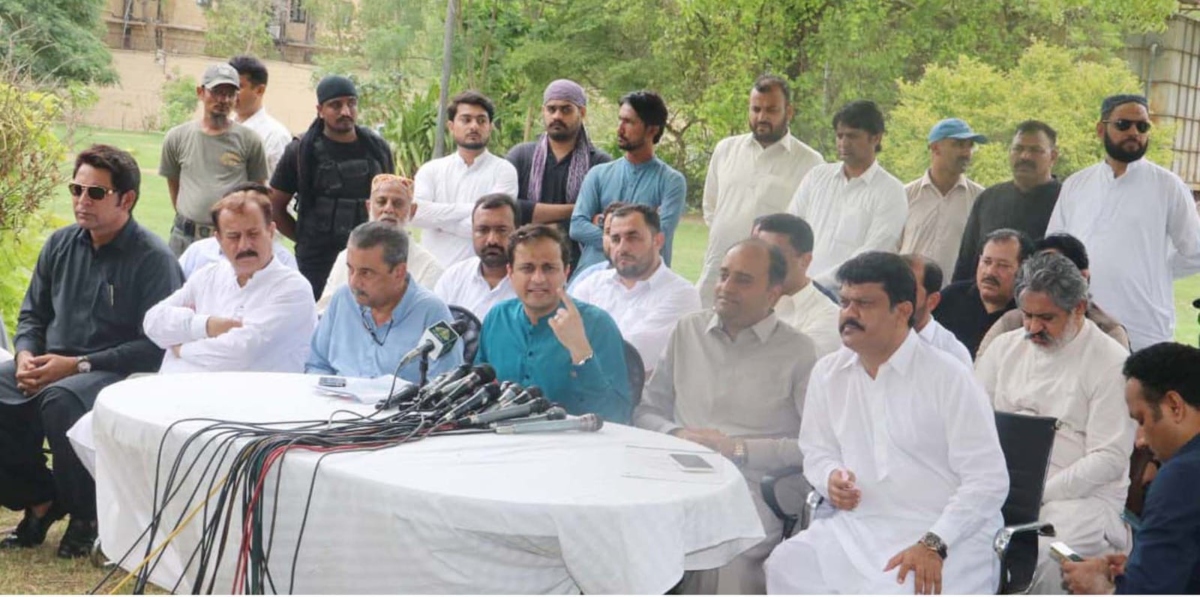



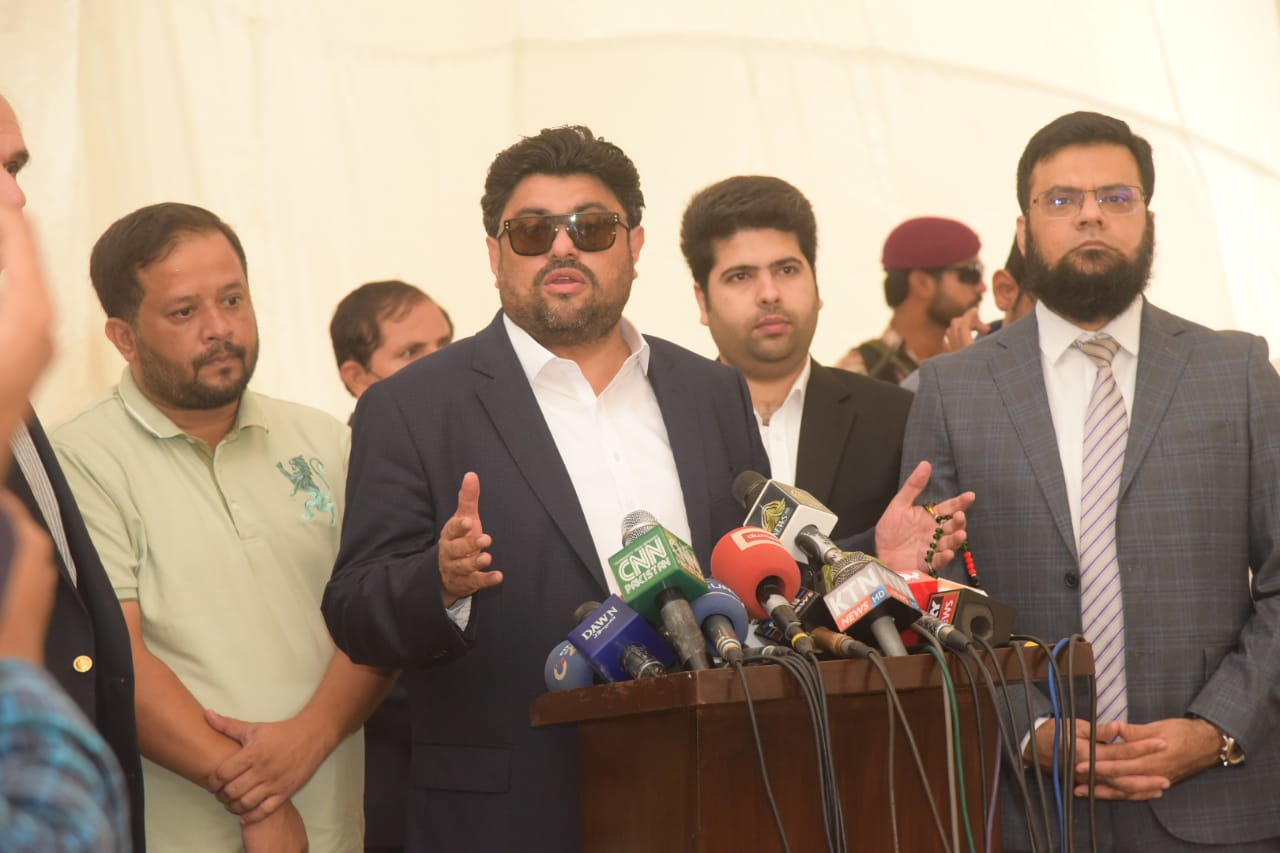
None honestly and seriously dares to do away with corruption. The poor masses are fed up with these corrupt rulers who pocket national kitty and put a heavy burden on people in the shape of high inflation and higher utility bills. Depriving all former politicians and bureaucrats of their unfair wealth may give a sigh of relief to this nation only in this testing time.
Great 👌
Neither bureaucracy nor politicians are unwilling to enjoy unlimited monopoly and luxury in this country. There is no need of spending billions of rupees on general elections. The caretaker set-up is ample time and opportunity to bring back all looted money of this country from corrupt people within the stipulated period. Every corrupt person must be hanged and their assets must be confiscated immediately.